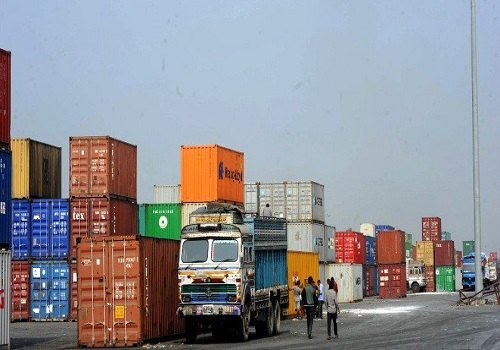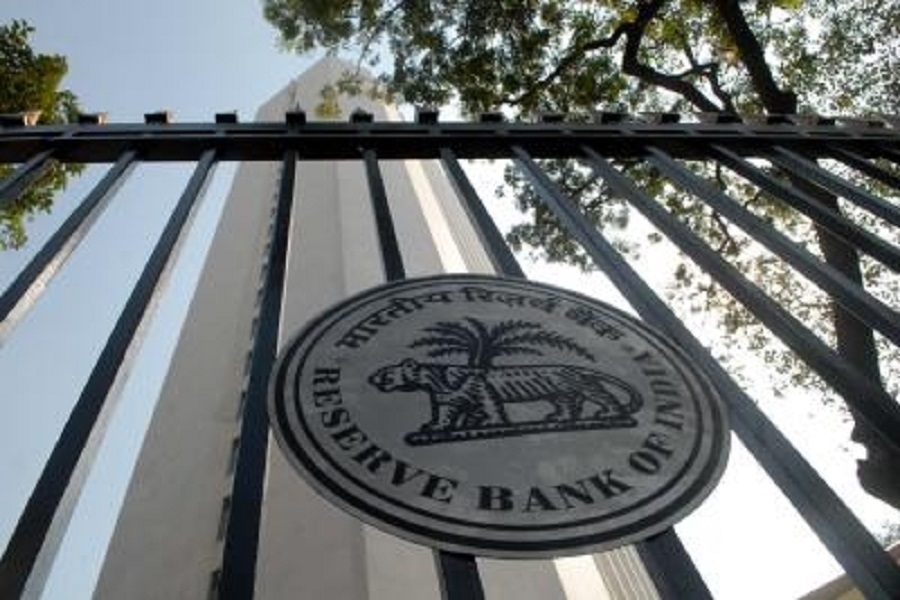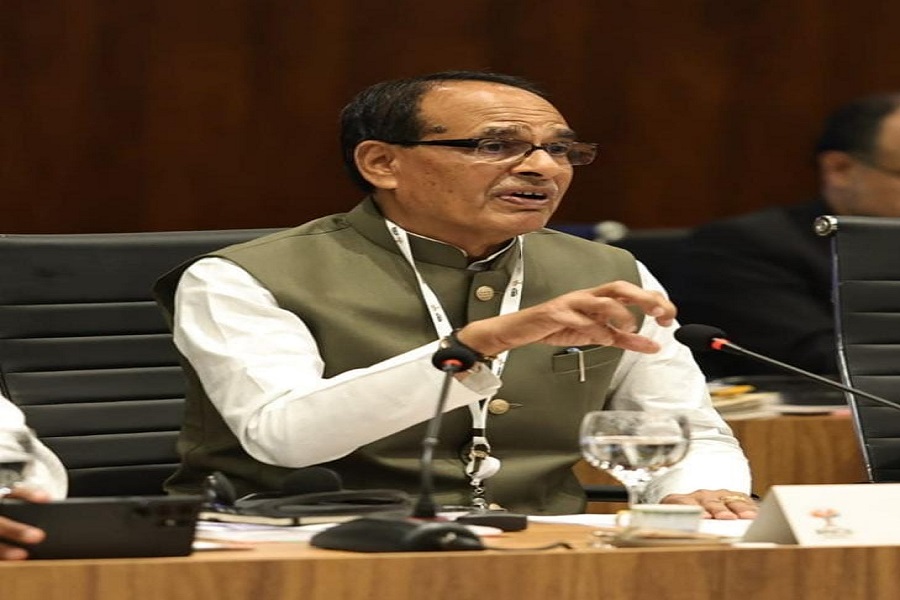India`s Steel Ministry Opposes Import Curbs to Ensure Quality and Supply Chain Stability by Amit Gupta, Kedia Advisory

India's Ministry of Steel opposes capping imports of low ash metallurgical coke, vital for steel production, due to high domestic demand and quality issues with local supplies. The DGTR recommended the cap, but the steel ministry warns it could disrupt supply chains and raise costs. The final decision rests with the commerce ministry.
Highlights
Opposition to Import Curbs: India's Ministry of Steel opposes limiting imports of low ash metallurgical coke, a crucial steelmaking ingredient, due to high domestic demand and concerns over local production quality. This stance is in response to recommendations by the Directorate General of Trade Remedies (DGTR) to cap imports at 2.85 million metric tons annually.
DGTR's Recommendation: The DGTR, under the trade ministry, suggested capping imports of low ash metallurgical coke after local producers complained about increased imports since 2019/20. The recommendation, aimed at protecting local producers, awaits the final decision from the commerce ministry, which has not yet commented on the matter.
Surge in Imports: India, the world's second-largest crude steel producer, has seen a 61% increase in low ash metallurgical coke imports over the past four years. Major suppliers include China, Indonesia, and Poland. This rise underscores the growing demand that local producers have struggled to meet.
Concerns Over Domestic Production: The steel ministry highlighted issues with the quality and capacity of domestic metallurgical coke production. Nagendra Nath Sinha, a top civil servant in the steel ministry, emphasized that local producers cannot fully meet the country's demand, especially concerning quality, leading to reliance on imports.
Impact on Supply Chain: Imposing import restrictions could disrupt the supply chain and affect production and supply to downstream customers in the steel industry. The steel ministry's letter warned that accepting DGTR’s recommendations could harm the sector, particularly smaller steel producers, by increasing costs and affecting operations.
Economic Implications: Steel producers argue that import curbs would increase steel prices and also raise the costs of coking coal, a key material for producing metallurgical coke. This would place additional financial strain on smaller steel mills and the broader industry, potentially leading to adverse economic consequences.
Industry Reactions: A senior executive from a major steel mill, who preferred anonymity, stated that restrictions on metallurgical coke imports would negatively impact the industry by pushing up steel prices. This position reflects broader industry concerns about maintaining competitive pricing and supply chain stability amidst proposed import limitations.
Conclusion
India's steel ministry's stance against import restrictions on low ash metallurgical coke highlights the crucial balance between protecting local producers and maintaining the quality and stability of the steel supply chain. Imposing such curbs could lead to increased costs and operational challenges for smaller steel producers. The industry's reliance on imports underscores the need for a nuanced approach to trade policies that supports domestic production without compromising on quality and demand. The final decision by the commerce ministry will be pivotal in shaping the future dynamics of India's steel industry.
Above views are of the author and not of the website kindly read disclaimer




.jpg)





Tag News
.jpg)
Quote on Automotive Year ender by Mr.Sanjeev Babbar, Director, JCBL Ltd









